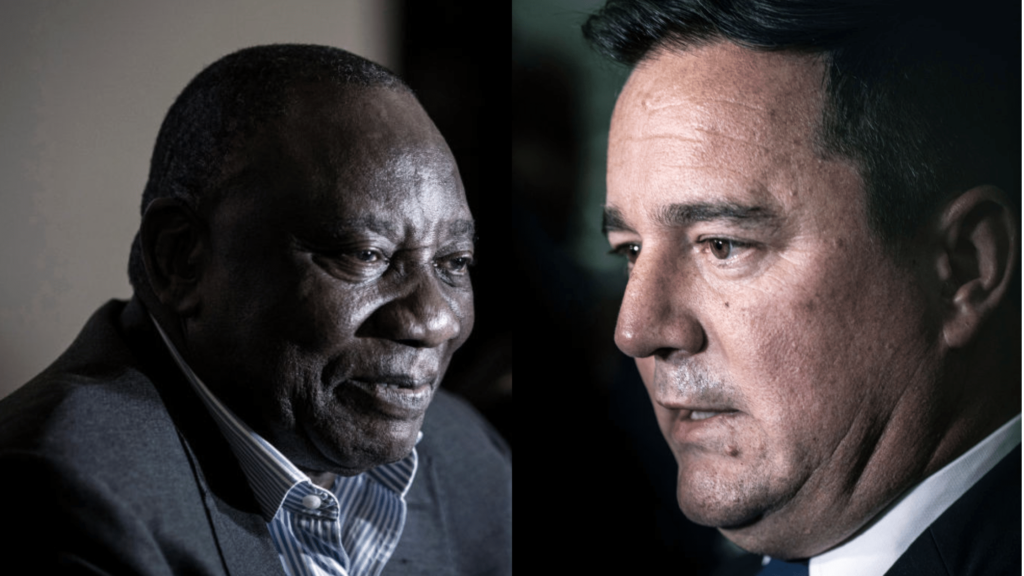The Secretary-General of the African National Congress (ANC), Fikile Mbalula, recently underscored the significance of the Government of National Unity (GNU), affirming, “This marks a significant stride towards fostering unity within our nation and tackling the myriad challenges that beset us.” Conversely, John Steenhuisen, the leader of the Democratic Alliance (DA), asserted the import of this collaborative effort at the accord’s signing ceremony, stating, “Today heralds a dawn of a novel epoch where we set aside our discord for the greater good of all South Africans.”
In an exclusive interview with FORBES AFRICA, Gustavo de Carvalho, a seasoned Research Fellow specializing in African Governance and Diplomacy at the prestigious South African Institute of International Affairs (SAIIA), underscores the criticality of effectively managing these ideological differences. “The adeptness of these factions to navigate contentious decisions collectively and govern the nation without incessantly teetering on the brink of division is paramount,” he underscores. “The efficacy of conflict resolution strategies and operational frameworks will be severely tested.”
